Advice for writers
Advice
for writers
Why Hiring an Agent for Publishing Isn’t Always Better

Navigating Alternatives: Rethinking Traditional Publishing Routes
As authors, we’re often encouraged to seek representation from literary agents as the key to unlocking the doors of traditional publishing. While agents undoubtedly offer valuable guidance, it’s essential to recognize that this route isn’t the exclusive gateway to seeing your book in print. In fact, there are compelling reasons why hiring an agent might not align with your unique journey as an author.
1. Agents can be elusive
Finding the right agent can feel akin to searching for a needle in a haystack. While there are numerous agents in the industry, securing representation can be a daunting task. Agents often face a deluge of submissions and may have stringent criteria for the manuscripts they accept, making it challenging for aspiring authors to break through the noise.
2. Agents take a slice of the pie
Should you successfully secure representation, be prepared to relinquish a portion of your earnings to your agent. Traditionally, agents receive a commission from your book sales and other income streams, which can significantly impact your bottom line over time. This financial arrangement raises questions about the long-term profitability of working with an agent, particularly for authors seeking to maximize their earnings.
3. Self-publishing offers autonomy
The advent of self-publishing platforms like Amazon’s Kindle Direct Publishing and IngramSpark has democratized the publishing landscape, empowering authors to take control of their publishing journey. While self-publishing requires more legwork on the author’s part, it affords unparalleled autonomy and a larger share of the profits. With the ability to oversee every aspect of the publishing process, from cover design to marketing strategies, self-published authors can tailor their approach to suit their vision and objectives.
4. Hybrid publishing presents a middle ground
In addition to traditional publishing and self-publishing, hybrid publishing offers a compromise between the two extremes. Collaborating with an ethical hybrid publisher or author services company provides authors with the support and resources of a traditional publisher while allowing greater creative input and control. By sharing the costs and risks associated with publishing, authors can access professional editing, design, and distribution services without sacrificing creative autonomy.
In light of these considerations, it’s evident that hiring an agent isn’t always the optimal path to publication. While agents can undoubtedly offer valuable guidance and industry expertise, authors must weigh the benefits against the potential drawbacks. By exploring alternative publishing avenues such as self-publishing and hybrid publishing, authors can tailor their approach to align with their goals and aspirations, ultimately charting a course that leads to literary success on their terms.

Atmosphere Press is a selective hybrid publisher founded in 2015 on the principles of Honesty, Transparency, Professionalism, Kindness, and Making Your Book Awesome. Our books have won dozens of awards and sold tens of thousands of copies. If you’re interested in learning more, or seeking publication for your own work, please explore the links below.

